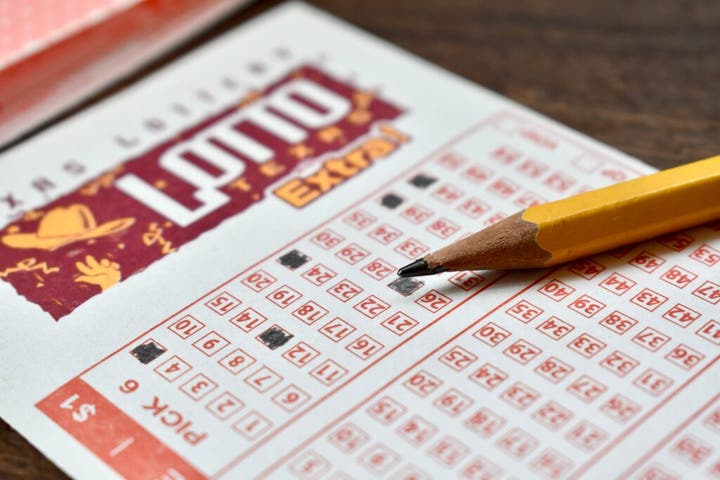
Buying a lottery ticket feels like buying a little hope in a scratch-off wrapper. For just $2, you get to imagine the beach house, the debt-free life, the viral moment when the numbers match and your life changes forever. But according to personal finance guru Dave Ramsey, that $2 dream might be quietly mugging your future.
In a letter published by the Christian Broadcasting Network, a woman named Paula wrote to Ramsey for advice. "I've been struggling financially for the past few months," she admitted, "so I've been playing the lottery once a week. To me, the chance to win millions is worth a few dollars a month, even if things are tight."
Don't Miss:
- The same firms that backed Uber, Venmo and eBay are investing in this pre-IPO company disrupting a $1.8T market — and you can too at just $2.90/share.
- ‘Scrolling To UBI' — Deloitte's #1 fastest-growing software company allows users to earn money on their phones. You can invest today for just $0.30/share.
Ramsey's response? Less sugar-coated, more steel-toed boot of reality.
"You've told me you're having money troubles, and at the same time you're throwing money out the window every week?" he wrote. "Even if it's just two or three bucks a week, that action represents a lot of financially irresponsible behavior in your life."
Then he delivered the kicker:
"The lottery is a tax on the poor and people who can't do math."
According to Ramsey, the odds of winning the Powerball jackpot are about 1 in 292 million. For context, he explains your chances of hitting a hole-in-one are roughly 1 in 12,500—about 23,000 times more likely. The odds of giving birth to quadruplets are around 1 in 11 million, still dramatically better. In either case, you're far more likely to pull off something extraordinary than to ever win the Powerball.
Trending: Kevin O'Leary Says Real Estate's Been a Smart Bet for 200 Years — This Platform Lets Anyone Tap Into It
Ramsey didn't say no one should ever play the lottery, but his warning was clear: if you're financially strapped, gambling on a miracle is no plan at all.
"When times are tough and you're strapped for cash, the last thing you need to do is spend what little you have on gimmicks," he wrote. "Unlike the lottery, [a budget] is a plan that works every time."
And there's the core of Ramsey's philosophy—he's long been a loud-and-clear advocate of zero debt, tight budgets, and cutting financial fluff. No get-rich-quick schemes, no high-interest loans, and certainly no dependence on billion-to-one odds.
Critics of Ramsey's rigid playbook argue that small indulgences—yes, even lottery tickets—can bring a little fun or hope. Not everyone sees spending $2 on a daydream as financial doom. But Ramsey's camp would say that daydream comes at the cost of real progress.
See Also: Shaquille O'Neal Wants People to Take Heart Health Seriously — This AI-ECG Could Make That Easier
His closing line to Paula was a warning and a plea:
"Don't let your finances—and your dreams—be hijacked by the lottery."
Whether you take Ramsey's advice to heart or just see it as his usual brand of tough love, the numbers don't lie. Statistically, he's not wrong. According to Time magazine, your odds of being struck by an asteroid are about 1 in 74 million—nearly four times more likely than winning the Powerball. That's not just bad luck—it's cosmic comedy.
If you're serious about building wealth, a lottery ticket won't do the heavy lifting. For that, a licensed financial advisor can help you explore smarter strategies—ones with better odds, actual returns, and zero risk of space debris.
Read Next: In a $34 Trillion Debt Era, The Right AI Could Be Your Financial Advantage — Learn More
Image: Shutterstock







